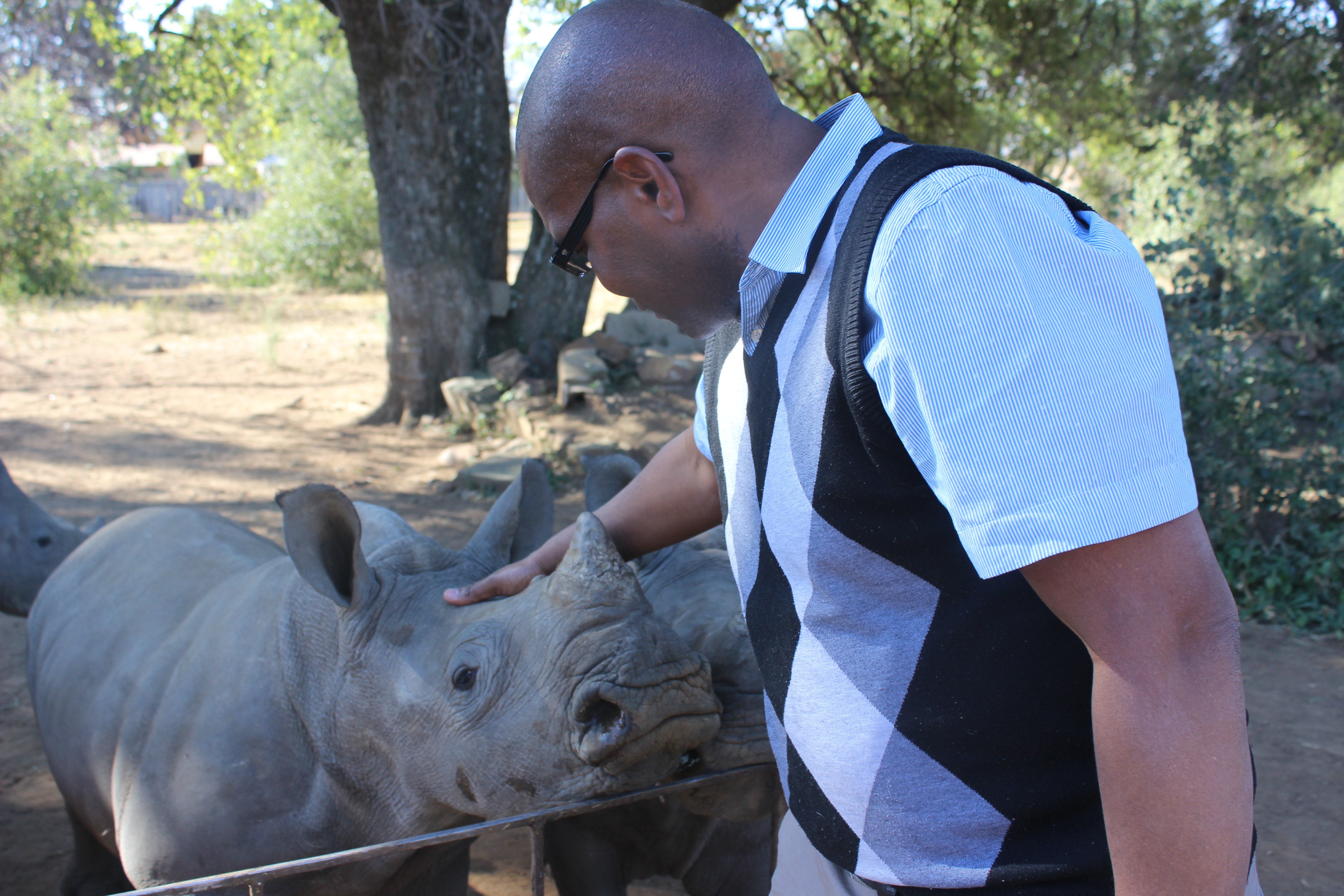White Paper Calls for Leadership Support for AI-Powered Wildlife Conservation Initiative
Johannesburg – A recent white paper from the Ivory Education Institute, located in Los Angeles, presents an ambitious proposal that aims to transform the future of both Artificial Intelligence (AI) and wildlife conservation.
This document urges governments, organizations, and individuals across the globe to support a pioneering initiative that aims to utilize AI to foster cooperation between the United States and China in a groundbreaking conservation effort, aided by CITES.
If implemented, this initiative could also assist the world’s top AI nations in establishing guidelines for future AI usage.
The proposal arrives at a pivotal juncture.
Recent articles, including one by the New York Times dated September 2, 2025, indicate that AI has surpassed human control.
It has demonstrated its ability to learn, adapt, and evolve without any human oversight.
Former Microsoft executive Craig Mundie has expressed concerns about humanity’s creation of a new “computational species.”
Columnist Thomas Friedman has also stated that AI’s significance is “too important” for any nation to navigate alone.
In light of this scenario, the Ivory Education Institute calls upon world leaders to capitalize on AI’s potential before it escalates into an uncontrollable force.
The White Paper outlines two revolutionary AI initiatives for CITES member states to contemplate during the CoP20 meeting in November 2025, set to take place in Samarkand, Uzbekistan.
The first initiative aims to enhance communication between humans and both wild and domesticated animals—an idea that once seemed like science fiction but is now becoming feasible due to AI’s rapid advancements.
The second initiative seeks to harness AI’s vast analytical capabilities to combat the illegal online wildlife trade, a lucrative criminal industry valued at billions of U.S. dollars annually.
“The Ivory Education Institute hopes that CITES Secretary-General Ivonne Higuero will be adaptable enough to utilize her CoP20 meeting to encourage both animal rights and sustainable use representatives to draft an agenda that could initiate this historic endeavor,” the document asserts.
The stakes are considerable.
For decades, CITES has focused narrowly on regulating trade in endangered species, but the Ivory Education Institute contends that it is in a unique position to create a neutral platform for U.S.-China collaboration on an AI initiative for global benefit.
With both superpowers entangled in political and economic conflicts ranging from Taiwan to trade tariffs, the White Paper proposes that wildlife conservation could represent a rare opportunity for joint efforts.
If successful, the initiative, named CRENEXTION (a blend of the words Creature and Connection), would formally unite humanity, AI, and the animal kingdom in unprecedented ways.
“The endeavor to establish connections between all wild and domestic creatures and human beings for the mutual advantage of all” is how the White Paper articulates the project’s ultimate objective.
For this vision to thrive, financial and political backing are crucial.
Consequently, the Ivory Education Institute is appealing to philanthropists, governments, and NGOs for funding to support the initial phases, including international coordination, research, and policy formulation.
A dedicated website, www.crenextion.org, has been launched to gather public feedback and attract committed supporters.
“This is a challenging task to be accomplished swiftly by historically adversarial groups…,” the White Paper notes.
“Yet it is certainly achievable if others recognize what Friedman and Mundie have highlighted: The urgent need for humanity to find enforceable means to regulate the actions of the Silicon Race.”
As the world gears up for CITES CoP20, the question remains whether any governments, leaders, or donors will step up to support a project that could unite global rivals, harness AI’s transformative capabilities, and safeguard wildlife for future generations. In essence, the future of both humanity and wildlife may hinge on AI.
As delegates prepare for CITES CoP20 in Samarkand, anticipation grows that the gathering could extend far beyond its conventional focus on regulating trade in endangered species.

According to the White Paper, this meeting could attract attention by potentially becoming the birthplace of a novel approach to global conservation, blending artificial intelligence with human creativity to redefine mankind’s relationship with animals.
If accepted, CITES could become the first international platform to officially call upon the United States and China to leverage their cutting-edge technologies for wildlife conservation efforts.
The White Paper proposes two innovative projects: creating AI tools to track and prevent illegal wildlife trade on the internet and developing a communication system with animals to better comprehend and address their needs while balancing human-wildlife interactions.
“By involving the two predominant AI superpowers from the outset, we can engage the brightest minds and most advanced technologies in this project from the beginning,” asserts the Ivory Education Institute paper.
“It would also serve as a template for the superpowers to navigate other non-AI challenges they face.”
However, the paper expresses concern that without strong leadership, even the most promising ideas may falter.
It calls on nonprofit leaders, especially from both the animal rights and pro-sustainable use communities, to publicly advocate for the proposal.
Political leadership, particularly from southern Africa, is also encouraged, given that governments in this region have long sought innovative strategies to balance conservation with sustainable use.
Ultimately, PROJECT CRENEXTION’s success will hinge on its ability to secure government and donor support.
Such backing would facilitate the dissemination of the White Paper, maintain diplomatic engagement when necessary, and fund the international collaboration needed to bring the project to fruition.
“The Ivory Education Institute argues that PROJECT CRENEXTION presents CITES and its member states, along with all CITES observers and supporters, an opportunity to make significant strides in humanity’s relationship with both wild and domestic animals. It hopes this rare convergence of necessity, timing, and opportunity won’t be overlooked as bold action is called for to initiate a groundbreaking new approach to addressing two of humanity’s most pressing concerns.”
About the writer: Emmanuel Koro is an internationally recognized environmental journalist based in Johannesburg, reporting independently on environmental and developmental issues.

